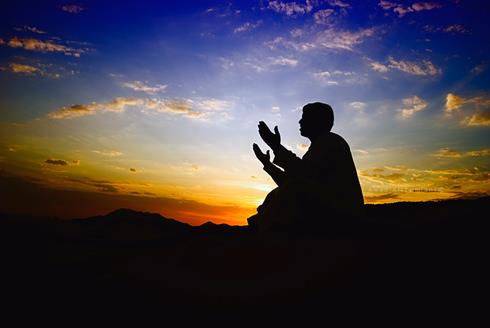Are There Any Supplications to Brighten One’s Face?
Answered by Sulma Badrudduja
Question: Is there a specific supplication to illuminate and brighten one’s face? Also, is it permissible for me to employ ruqya? I once read a hadith that those who will enter paradise without reckoning are individuals who did not perform ruqya.
Answer: Wa alaikum assalam wa rahmatullah,
I hope this reaches you in the best of health inshaAllah.
(1) The scholars of Islam tell us that of the best supplications are ones from a sincere heart and also prophetic supplications. The Prophet sallallahu `alayhi wa sallam used to make the following supplications:
“O Allah make light in my heart, and light in my sight, and light in my hearing, and light on my right, and light on my left, and light above me, and light below me, and light in front of me, and light behind me, and make for me light.” (Sunan al-Tirmidhi)
اللَّهُمَّ اجْعَلْ فِي قَلْبِي نُورًا وَفِي بَصَرِي نُورًا وَفِي سَمْعِي نُورًا وَعَنْ يَمِينِي نُورًا وَعَنْ يَسَارِي نُورًا وَفَوْقِي نُورًا وَتَحْتِي نُورًا وَأَمَامِي نُورًا وَخَلْفِي نُورًا وَعَظِّمْ لِي نُورًا
And
“O Allah, I seek refuge in you from grief and sadness, and I seek refuge in you from incapabiliity and laziness, and I seek refuge in you from cowardice and miserliness, and I seek refuge in you from being overcome by debt and overpowered by men.” (Sahih Bukhari)
اللَّهُمَّ إِنِّي أَعُوذُ بِكَ مِنْ الْهَمِّ وَالْحَزَنِ وَالْعَجْزِ وَالْكَسَلِ وَالْجُبْنِ وَالْبُخْلِ وَضَلَعِ الدَّيْنِ وَغَلَبَةِ الرِّجَالِ
(2) Taking a ruqya is permitted. Sheikh Nuh Keller quotes Shaykh Mansur `Ali Nasif in the Reliance of the Traveller:
“Protective or healing words are permitted by sacred Law and are called for when there is need for them, provided three conditions are met:
(a) that they consist of the word of Allah Most High, His names, or His attributes (…)
(b) that they be in Arabic;
(c) and that the user not believe the words have any effect in themselves (…) but are rather empowered to do so by Allah Most High.”
The hadith you mentioned does not prohibit the use of ruqya, or even disapprove of it. The scholars of Islam have discussed the different meanings of this hadith. Some said though these people are given a distinction in this hadith, it does not necessarily mean that they have a higher rank. Others said that it refers to those who do ruqya without need for it. [taken from Fath al-Bari sharh Sahih al-Bukhari]
May Allah grant you ease and every good in this world and the next.
And Allah knows best.
wassalam,
Sulma
Checked & Approved by Faraz Rabbani
